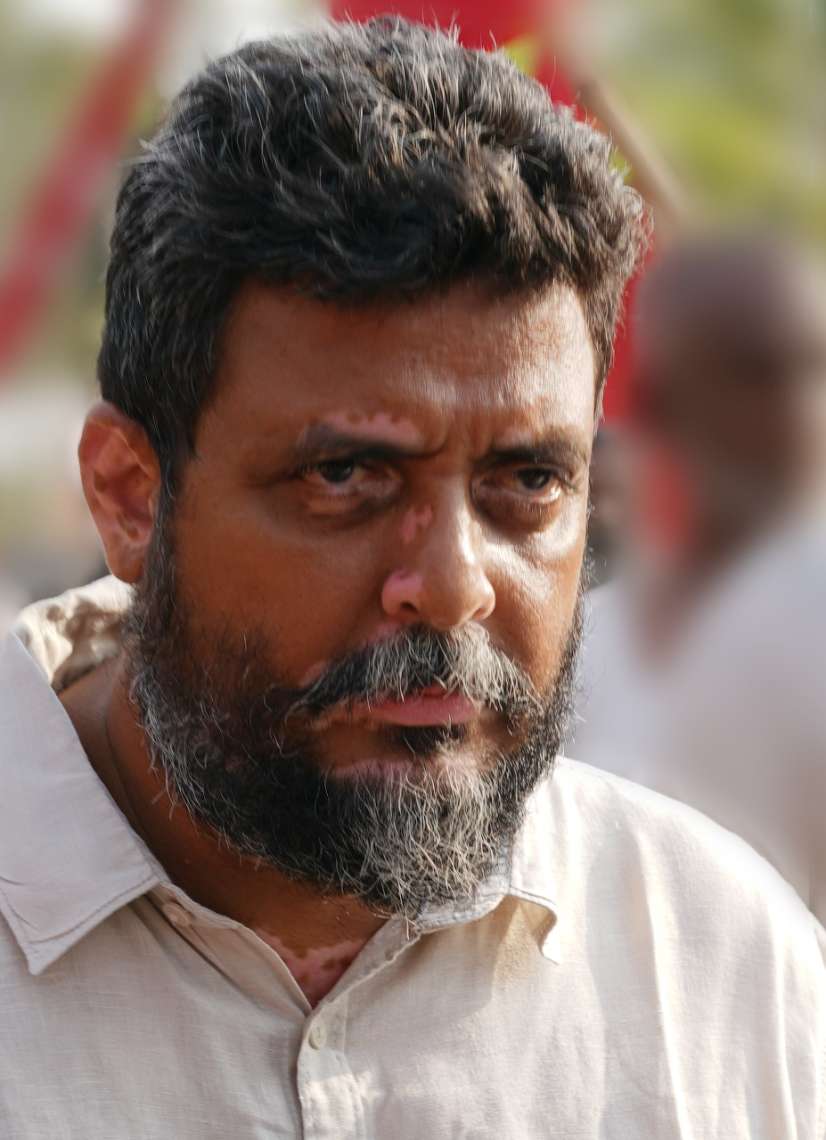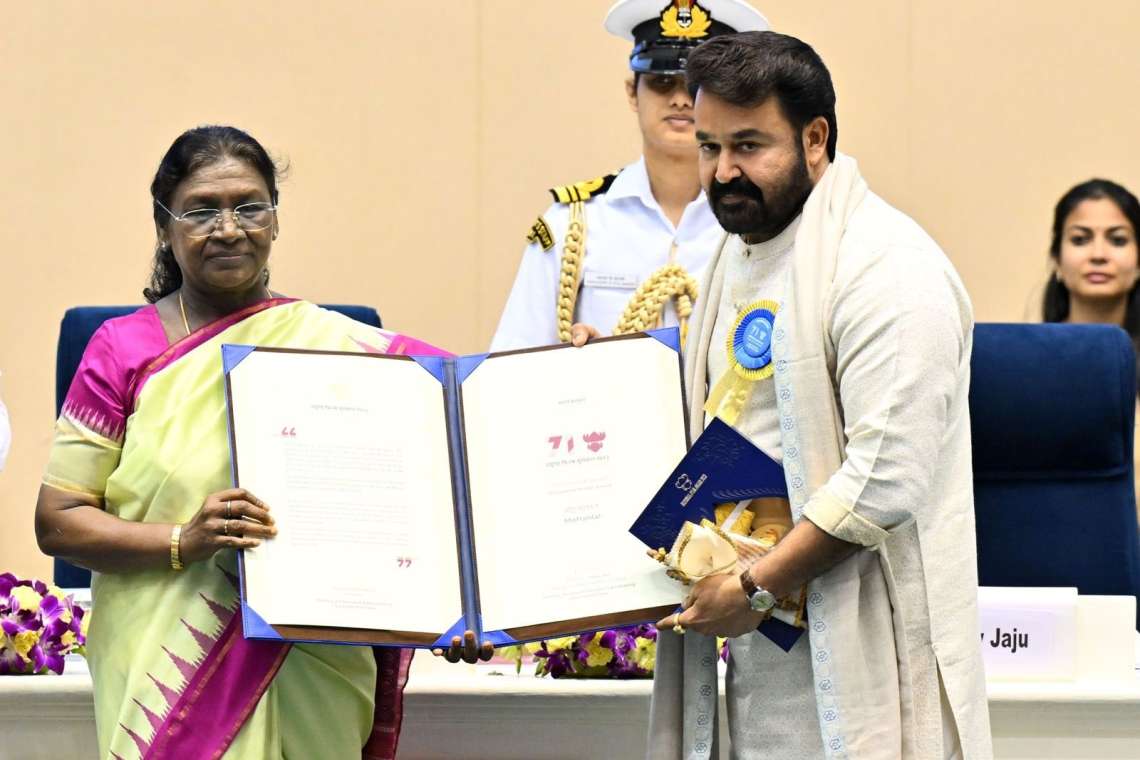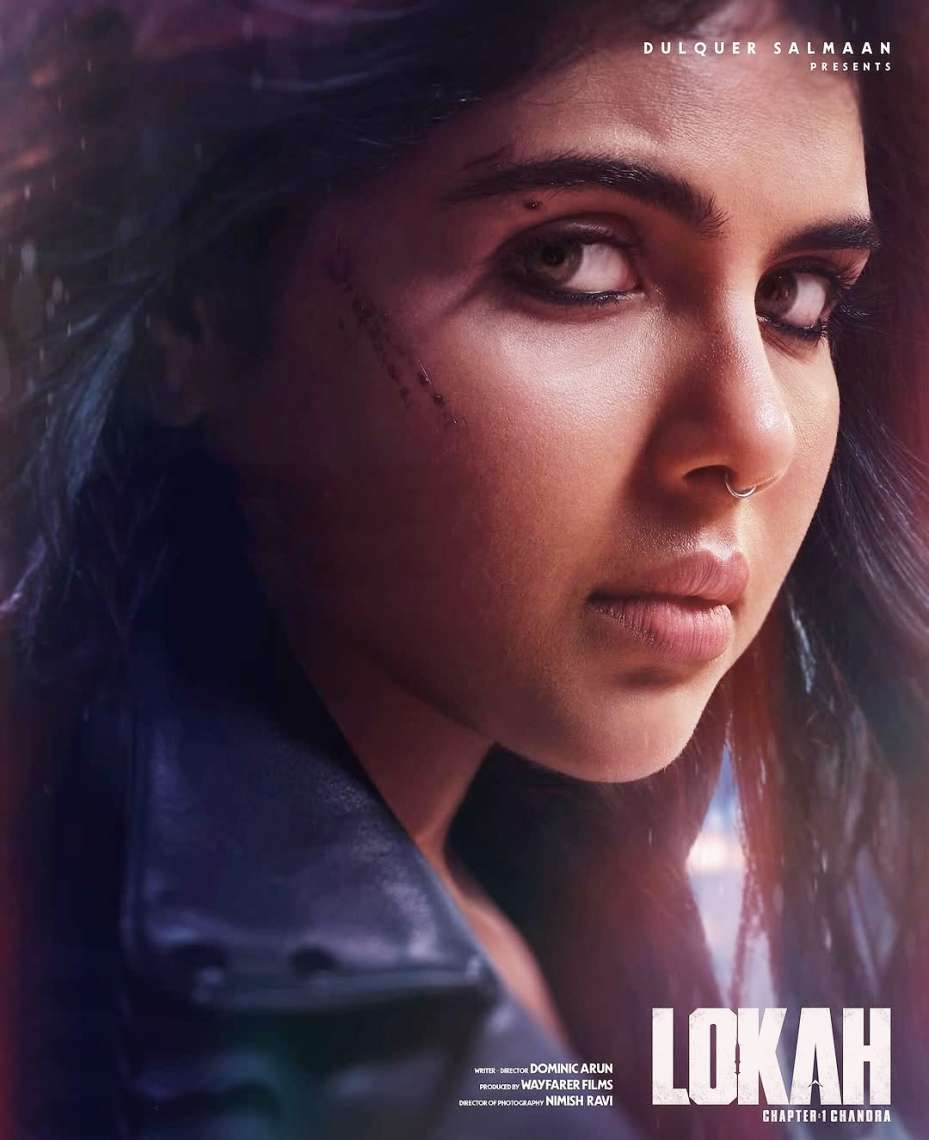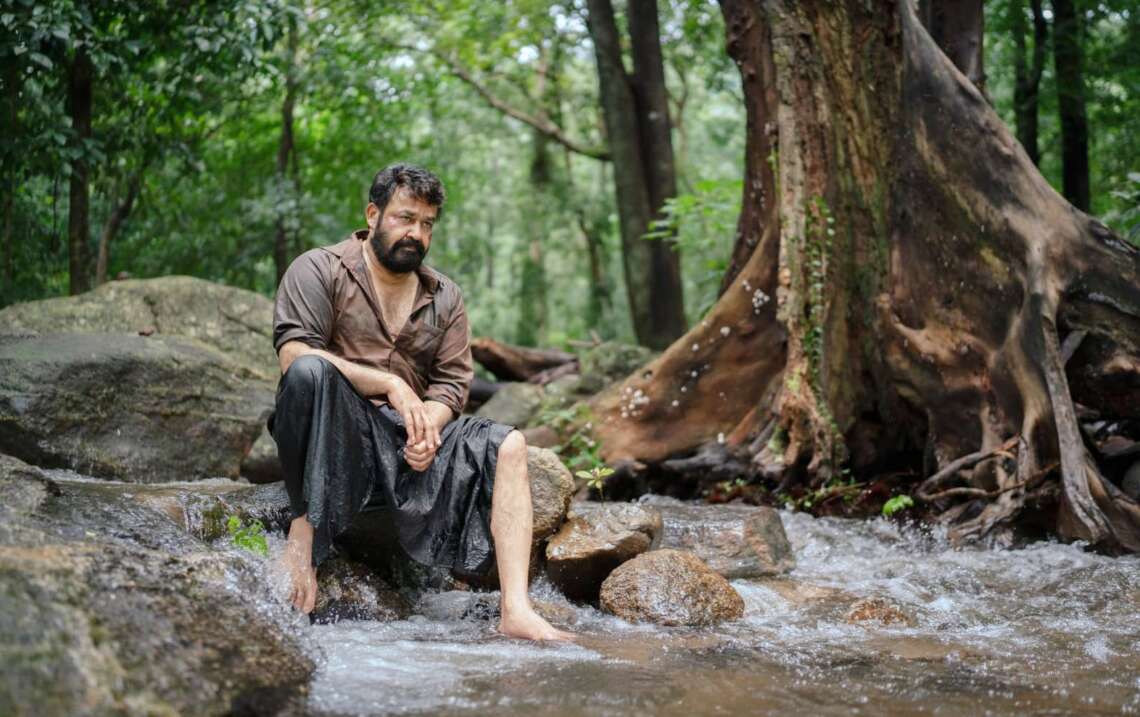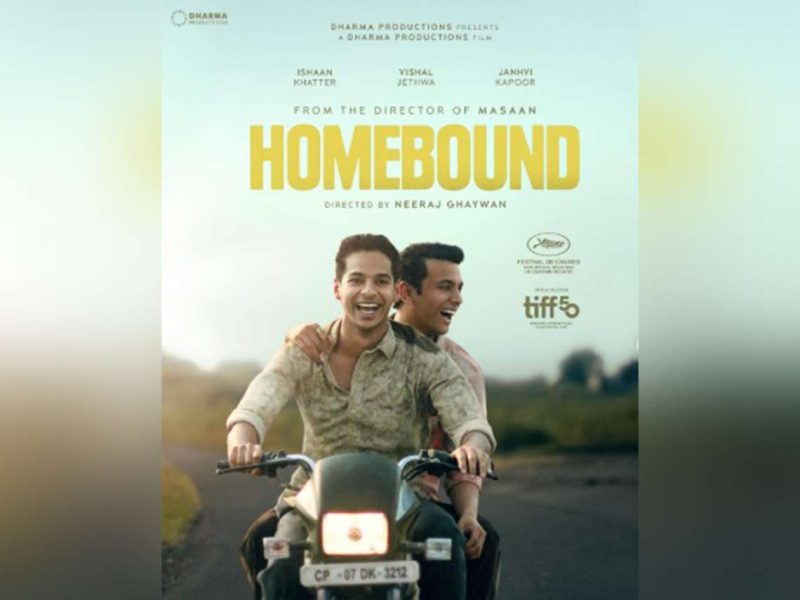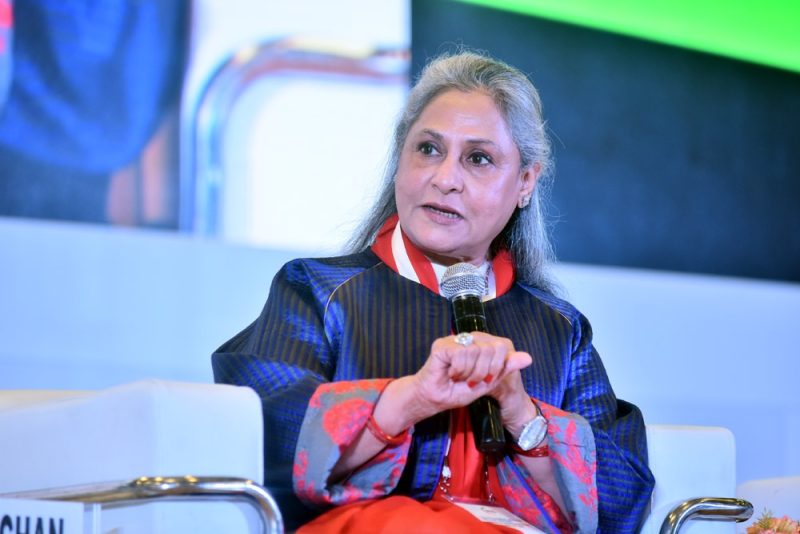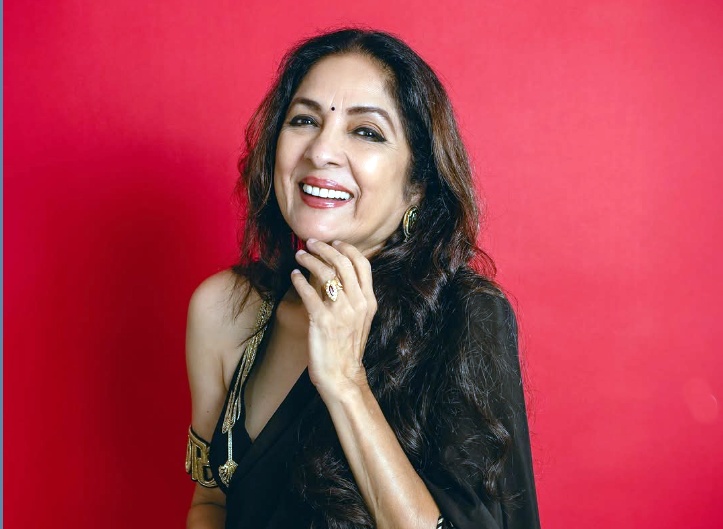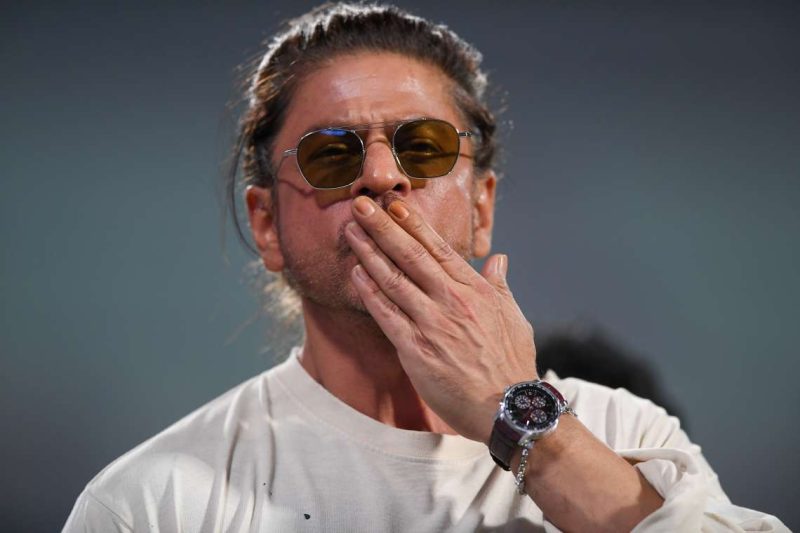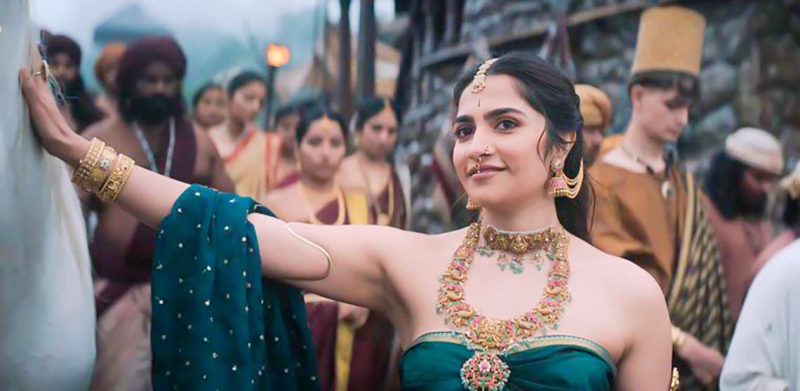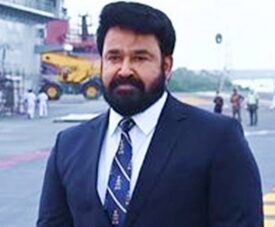“I’ve always been drawn to period stories because they let us look closely at moments in history that still have a lot to teach us”: An Interview with Gopan Chithambaram by Aswin Prasanth and Aiswari A. V.
Dr. Gopan Chithambaram is an academic, screenwriter, and theatre practitioner whose work bridges the worlds of scholarship and storytelling. With a keen interest in history, geopolitics, and broader cultural discourse, his narratives often delve deep into the complexities of class, labour, inequality and social institutions.
He is best known for his screenwriting contributions to acclaimed Malayalam films such as Iyobinte Pusthakam and Thuramukham, both noted for their rich historical contexts and powerful socio-political commentary. Most recently, he co-wrote the screenplay for the Amazon Prime web series Poacher, which tackles issues of environmental crime and wildlife conservation.

Currently an Assistant Professor in the Department of Theatre at Sree Sankaracharya University of Sanskrit, Kalady, Dr. Gopan holds a Ph.D. in Theatre Arts and a Postdoctoral Research Award in Theatre and Performance Studies. He is also the author of books on theatre like ‘Theruv Yudhathinte Nataka Vedi’ and ‘Sadrushya Vakyangal’ and has contributed extensively to scholarly journals and popular media on theatre and cultural studies.
In this interview, Dr. Gopan talks about his journey from theatre to cinema, his creative process, and the inspiration behind his stories.
You began your career primarily in theatre. What prompted your transition to cinema, and do you find yourself more drawn to the medium of film or theatre?
I started my journey in theatre, which gave me a strong foundation in storytelling, character development, and live audience interaction. Theatre is such a raw and immediate form of expression—there’s something truly special about performing in the moment and feeling that direct energy from the audience. That experience shaped how I think about narrative and character, and it’s something I carry with me in all my work.
Transitioning to cinema felt like a natural next step because film allows for a different kind of storytelling—more visual, more layered, and with the opportunity to reach a wider audience. Unlike theatre, cinema offers the chance to explore stories in a more detailed and expansive way, using visuals, sound design, and editing to create immersive worlds.
Working on projects like Poacher—a web series with cinematic quality and socially relevant themes—has made me appreciate how powerful the screen can be. The scale of TV/web productions today is incredible, often bigger and more ambitious than many films. Plus, with streaming platforms and binge-watching culture, the reach and impact are enormous.
While I have immense respect for theatre and what it offers, I find cinema more rewarding now because of its ability to connect with a broader audience and tell stories with such richness and depth over time. The blend of theatre’s emotional intensity and cinema’s visual storytelling is what excites me the most in my current work.
Iyobinte Pusthakam skillfully blends Munnar’s socio-political history with a gripping story. How did you use characters and visuals to depict complex themes like colonial hegemony, the rise of the Communist party, and the fall of feudalism?
In Iyobinte Pusthakam, I really wanted to tell a side of Kerala’s history that doesn’t usually get much attention—especially the struggles of plantation workers in Munnar. Most history talks about peasants and farm labourers in places like Malabar or Kuttanad, but the plantation workers’ resistance is often ignored. So, the film focuses on that working-class movement, showing their fight within Munnar’s unique political landscape.
A big part of the story is Iyob himself. He’s like the colonial Other who ends up imitating his colonial master, Harrison. After Harrison dies, Iyob takes over the mansion and plantations, becoming the new feudal lord. But instead of breaking free, he becomes just like the colonizer—oppressing the marginalized tribal and migrant communities. Iyob’s transformation from oppressed to oppressor shows how colonial power gets passed down and mimicked by native elites, creating a kind of colonial double. When his own son, Aloshy, turns communist and challenges this system, Iyob rejects him and even kicks him out.
The film’s visual storytelling is inspired by all this—the power struggles, the conflicts between landlords, tribals, and workers, and the rise of communism and trade unions. It’s an alternate history of Munnar that mixes real events like the Kerala Renaissance and the Emergency with this fictional, but deeply symbolic, family drama. The narrator’s arrest near the end hints at how oppressive regimes continue even after colonial rule ends, pointing to a new kind of autocracy.
I also took inspiration from classic literature like The Brothers Karamazov and King Lear to explore these family and power dynamics more deeply.
What the film tries to do is use Munnar’s history and landscape—the tea plantations, the communities, the struggles—as a way to challenge the usual stories we hear. It’s a visual genealogy that critiques not only colonialism but also the postcolonial power structures that keep oppressing people. Concepts like the colonial bourgeois or colonial double all play out on screen as part of this larger critique.
So really, Iyobinte Pusthakam isn’t just a period drama—it’s an attempt to bring to light cultural memories and histories that resist the dominant narratives and show how history isn’t just about the rulers, but about those who fight back.
What motivated you to adapt your father K.M. Chidambaram’s play Thuramukham into a film, and how do you hope its themes of labour struggle and social justice connect with audiences today, especially within the context of contemporary India?
The original play focused on the harsh “chappa” system in Mattancherry, where workers scrambled for copper tokens just to get daily wages, leading up to the tragic Mattancherry firing of 1953. When I adapted it into a film, I wanted to bring this hidden piece of history to more people, showing both the dignity of labour and the strength of the working class who endured such hardships.
I’ve always been drawn to period stories because they let us look closely at moments in history that still have a lot to teach us. History isn’t just about the past—it’s a way to understand the present better. The struggles in Thuramukham aren’t just stories from another time; they reflect ongoing problems in labour and social justice today. Unfortunately, many workers still face similar exploitation and unfair treatment.
By telling this story, I wanted to highlight how important it is to keep these conversations alive and remind people that the fight for workers’ rights and collective action is very much relevant now. The film really brings home the message that these past struggles still resonate and continue to shape the way things are.
Also, I think period narratives have a special power—they connect us emotionally to real events and people, making history feel alive and urgent. With Thuramukham, I hoped to not only honour my father’s work but also inspire audiences to think critically about the social issues we face today.
How does writing for a TV/web series like Poacher differ from writing for cinema? Do you enjoy one format more than the other, and what unique challenges or opportunities does each medium offer you as a screenwriter?
Working on Poacher was a fantastic opportunity because it’s a bold and ambitious TV/web series tackling a very relevant issue—ivory poaching in India. The series is set in 2015 and is based on true events from the Malayattoor, Vazhachal, and Munnar forest divisions of Kerala, involving transnational crime syndicates like the Triad and Yakuza, and the government’s Operation Shikkar response.
The first three episodes premiered at the 2023 Sundance Film Festival, which was a huge honour, and the series officially released on Amazon Prime Video in February 2024 to positive critical reviews.
TV productions like this have really grown in scale and quality—they’re often more cinematic than many films today. Plus, the binge-watching culture and strong marketing mean TV/web series can reach a much bigger and more diverse audience than traditional cinema. This longer format also gives us the chance to dive deeper into complex themes and character development, which is incredibly rewarding as a screenwriter.
Overall, it’s exciting to be part of this new wave of storytelling where the boundaries between cinema and television are blurring, and where serious, socially relevant stories can find a wide audience.
Drawing from your academic background, which playwrights, literary works, or theatrical traditions have had the deepest impact on your creative vision and storytelling approach?
My academic background has given me a deep appreciation for a wide range of influences, but a few stand out as particularly formative. Bertolt Brecht’s theatrical tradition, for example, with its focus on epic theatre and the idea of engaging the audience critically rather than emotionally, has shaped how I think about storytelling. That fits well with my interest in highlighting working-class struggles and social issues.
I’m also drawn to street theatre because it’s so raw and connected to real people’s lives. It’s a powerful way to bring attention to social injustices and reach audiences who might not always see their stories told on bigger stages.
On the literary side, writers like Dostoevsky and Shakespeare have been huge influences. Dostoevsky’s exploration of moral dilemmas, psychological depth, and existential questions helps me bring layers to my characters, making them more human and conflicted. Shakespeare’s mastery of language, tragic themes, and intricate family dynamics inspires me to weave rich emotional and thematic threads into my stories.
By mixing these influences—the political edge of Brecht, the immediacy of street theatre, and the storytelling depth of Dostoevsky and Shakespeare—I try to make work that’s not only engaging but also makes people think about history, society, and the ongoing fight for justice, especially from the point of view of everyday people.
What new projects are you currently working on?
I’m currently in the early stages of developing a new script, and I’m quite excited about it. It’s a project I’m working on with Rajeev Ravi, who also directed my previous screenplay, Thuramukham. We’ve collaborated well in the past, so it felt natural to team up again for something equally ambitious.
This new script will delve into the history of drugs in Kerala—something that’s become a major topic of discussion in the media and public discourse lately. But rather than approaching it from a traditional perspective, I’m hoping to offer a more layered, alternate take on the subject. The story will explore how drug trade and usage intersect with themes like migration, geopolitics, and social change.
Like my earlier screenplays, it’s a period piece, rooted in a specific time and place, which allows me to explore broader historical and cultural shifts through the lens of personal stories. I’m still researching and shaping the narrative, but the idea is to present a nuanced perspective that goes beyond the headlines or gossip columns and looks at the deeper forces at play.


